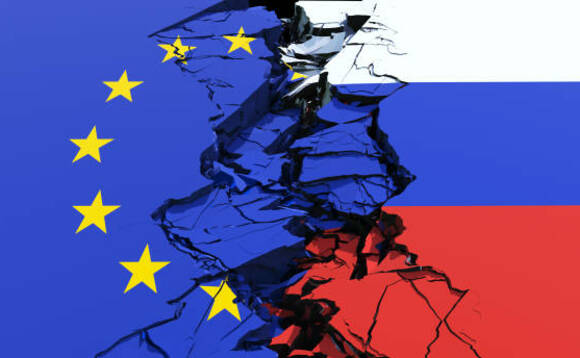Following the Russian invasion of Ukraine on 24 February, the resulting economic sanctions that have been applied to the Russian economy and financial sector, by the US, EU, UK and other G7 economies, have been wide-ranging and severe, says Quentin Thom, Co-Head, perfORM Due Diligence Services, a JTC Group Company.
While this is very much a developing situation, we have summarised some of the impacts on Operational Due Diligence (ODD).
Sanctions and Fund Investors
Investment managers need to ensure that their investor lists are compliant with the new sanctions regime. There are challenges in that sanctioned parties may have gone to great lengths to obfuscate their beneficial ownership or source of wealth/funds. In addition, any entity that is more than 50% owned by a sanctioned party is also itself considered as sanctioned and must be identified. Furthermore, the sanctions lists are fluid and changing regularly as the situation unfolds.
Therefore, strong initial and ongoing AML KYC processes are needed. This includes regular sanctions screening of clients and transactions using adequate tools and expertise, including processes to deal with positive hits, such as exiting relationships or freezing assets. In many cases fund managers delegate AML KYC to fund administrators who should have the relevant infrastructure, people, and processes in place.
That said, investment managers need to perform adequate due diligence on their providers' AML KYC control framework and maintain regular communication. Investment managers who do not delegate these activities (eg those that self-administer their funds) may struggle with resources and expertise required to do this properly.
Getting it wrong could not only undermine the effectiveness of the sanctions themselves but also could also result in stiff financial, regulatory and even criminal penalties on those found to be in violation.
Funds catering mainly to institutional investors, such as pension funds, are less likely to be impacted by sanctioned investors than those whose investor base is mainly high net worth individuals, family offices or private banks.
It is always worth seeking to understand the AML KYC controls that the fund administrator or investment manager has in place. Recently, for instance, we have been asking about what funds' exposures are to sanctioned parties, following the Ukraine invasion, and how they are managing the exposure.
Suspension of Fund Redemptions, and Valuations
With the Russian stock markets closed since the invasion, we understand several Russia-exposed funds have gated redemptions indefinitely until the underlying assets can be traded. Furthermore, many Russia focused ETFs have suspended trading on US and European exchanges.
Although Russian assets account for a relatively small overall share of impacted portfolios (1.9% based on pre-war valuations, according to Morningstar), this is a complex and fluid situation for investment managers, administrators and valuation committees to navigate, and there is little visibility on how this may play out. In many cases, valuations have simply been marked down to zero by investment managers and fees to investors have been waived or reduced.
Additionally, in recent weeks the main index providers have been removing Russian assets from their emerging markets and international indices at a zero value.
On the 16th March, the UK's FCA announced they were consulting with stakeholders on introducing side pockets to retail funds holding Russian assets to allow these funds to lift their dealing suspensions. By side pocketing Russian assets, the fund will be able to accept subscriptions while the investors redeeming at a loss will maintain any rights to benefit if the valuation of side-pocketed Russian assets recover.
In the current environment, we recommend fund investors understand how Russian assets are being valued, and how these valuation decisions have been reached if the assets are not marked to zero.
Operational Impacts
Ukraine is a notable location for technology staff and outsourcing, thanks to its large talent pool, and certain investment firms, suppliers and service providers will have teams of developers operating in what is now a warzone.
Belarus and Russia may also be locations where firms have staff or outsourced providers and the sanctions will seriously restrict the ability for firms to maintain operations or work with suppliers in these jurisdictions.
In current reviews of firms with staff in these locations, we've noted that, while no significant business interruptions have been observed, there are complexities around staff welfare and moving staff to safer or better locations. Firms need adequate business continuity arrangements to minimize disruption, protect assets and ensure staff safety in these types of extreme situations. Given the possibility of escalation, firms which outsource to, or have operations in, Ukraine's neighbouring countries should have contingency plans in place.
We are all deeply concerned by the unfolding humanitarian crisis in Ukraine and our thoughts are with the millions of people who are affected by this war.
By Quentin Thom, Co-Head, perfORM Due Diligence Services, a JTC Group Company





